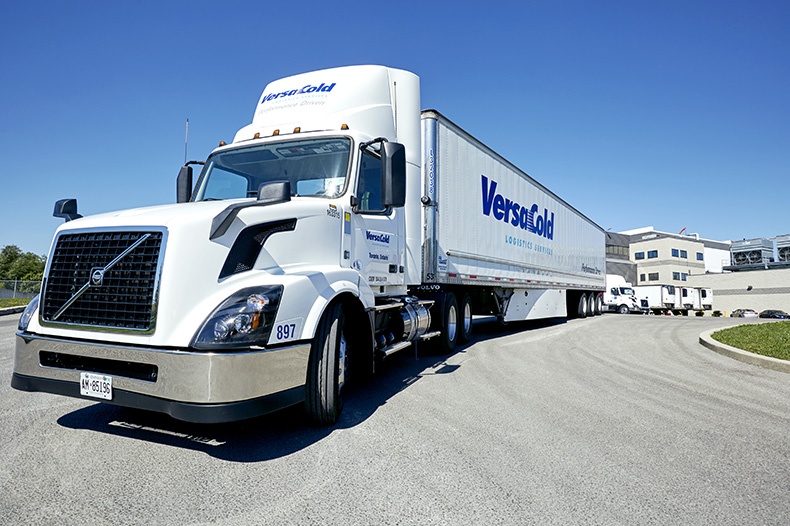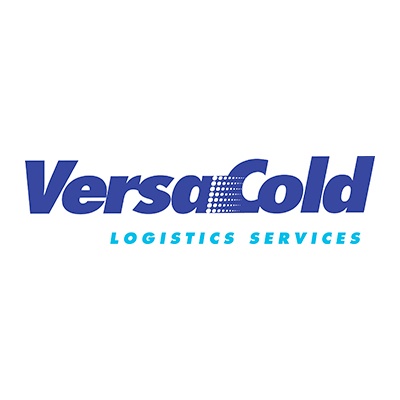Debunking some common ELD misconceptions

ELDs (Electronic Logging Devices) have been a hot topic of discussion in the recent months following December’s US mandate. And while Canadians begin to prepare for an ELD mandate of their own, the topic is proving to be quite a controversial one.
Implemented by the Federal Motor Carrier Safety Administration, the mandate was set to improve road safety. But despite these good intentions, drivers are still wary and uncertain of how the change will impact them directly.
Although some scepticism still persists, ELDs have proven to be the safer way of the transportation future. And while VersaCold is known for our commitment to food safety, we’re also committed to the safety of our drivers. So we’re shedding light on a few of the most common misconceptions about ELDs.
Misconception: ELDs are too expensive
Many drivers are concerned about the overhead cost of ELDs. But with today’s advancements in technology, the costs of ELDs have decreased significantly from thousands of dollars to under $500 per truck annually. Factor in savings from logbooks and logging supplies and drivers pretty much break even.
On top of that, ELDs reduce the time it takes to do paperwork by 15 minutes a day, as well as the time it takes for check-calls and sending hours. ELDs also allow for more accurate tracking of miles and hours, tracking time logged down to the second. Drivers no longer have to round up to the nearest 15 minutes, as paper books require. Rounding up results in fewer miles posted. And the fewer miles posted, the less dollars earned.
At the end of the day, ELDs actually save money by reducing hard costs, man-hours and vehicle downtime.
Misconception: ELDs waste time
Some believe ELDs result in inefficient use of driving hours. The truth is they’re actually more efficient.
ELDs provide spot on accuracy with times and distances, enabling customers to track their shipment’s current location, destination and arrival times. This is especially useful in the cold chain industry to ensure proper planning and end-to-end transparency.
Relying on technology to track miles also removes the opportunity for human error and log inconsistencies. Not to mention, it makes roadside inspections much faster. ELDs mean fewer errors, less paperwork and limited headaches.
Misconception: ELDs are designed to watch you
For the most part, better technology means better productivity. But not everyone is convinced. There are many drivers who prefer logging the way they have always done it.Some drivers shy away from the thought of ELDs because they feel like they’re constantly being watched. But with ELDs, only authorized personnel are able to see a driver’s whereabouts and only when it’s required.
There’s also some apprehension around logging months’ worth of information electronically. Some drivers are simply comforted by a good old-fashioned logbook that they can tuck into the glove box. But ELDs records are easier to navigate, privacy protected and stored on multiple devices, just to be safe.
Although change can be a scary thing, technology is a way to enhance, differentiate and add value to customers’ supply chains.
Misconception: Safety isn’t an issue
Did you know driver fatigue is one of the biggest causes of road accidents? Driving while tired impairs the ability to perceive, react, and respond to road situations.Although there are many rules and regulations already in place that limit the number of hours a driver can drive each day, some drivers will still push just to get a bit ahead of schedule. Unfortunately, paper logbooks are easy to manipulate and falsify. Some drivers have even admitted to keeping multiple books in their trucks to do so.
ELDs monitor a driver’s time spent behind the wheel each day. They alert the driver when it’s time to take a break or finish up. Those who use ELDs have a significant lower crash rate than those who don’t.
As part of our on-going commitment to safety, VersaCold supports transportation solutions that are fully compliant with the law, including the use of ELDs.
Not only do they keep our drivers safe, ELDs offer transparency, reliability and productivity to our fleet and our customers. And with an increasing demand for fresh, local food, these assets are necessary in the cold chain industry.










